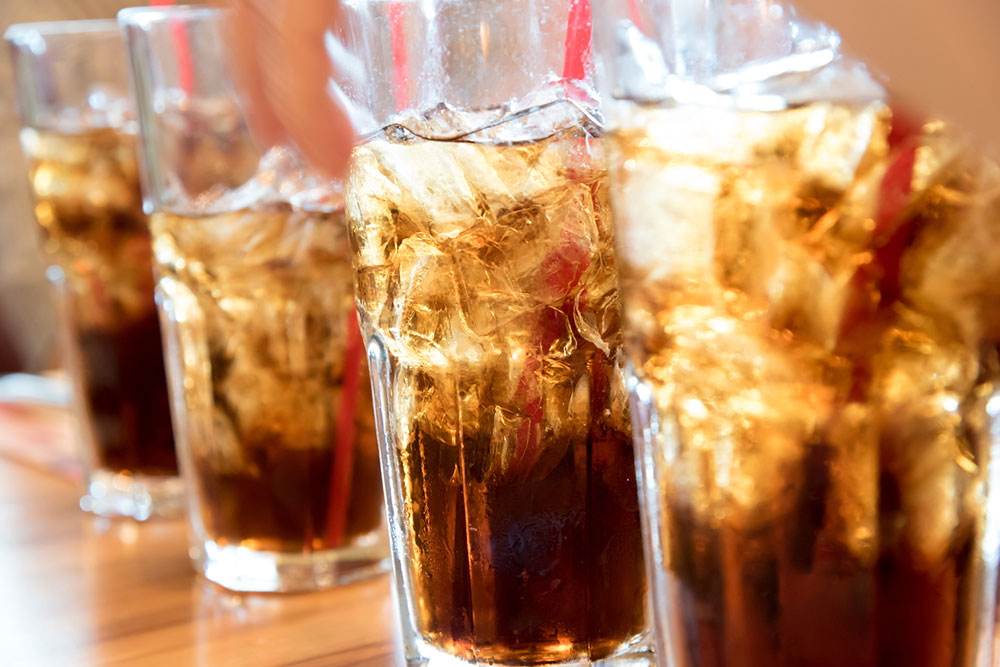Foods to avoid and consume for colitis patients
Ulcerative colitis is a condition that causes the inflammation of the inner lining of the large intestine, and rectum. It also causes sores. It is regarded as an autoimmune disease where the immune system attacks its own body. It can also be called an inflammatory bowel disease, and yet it is not the same as Crohn’s disease. This disease affects over 900,000 citizens every year and is seen in males more than females.

Diet
An individual suffering from this disease needs help to manage their symptoms and also change their diet. A colitis patient must follow a diet that suits them.
For different symptoms there are different types of diets:-
- A high-calorie diet is needed as people suffering from ulcerative colitis tend to lose weight and suffer from malnutrition. A high-calorie diet will help prevent it.
- A lactose-free diet is for those who suffer from this disease and are also lactose intolerant.
- A low-fiber diet helps to reduce the frequency of cramps and bowel movements.
- A low-salt diet is for those patients who are on corticosteroid therapy. This diet helps to reduce water retention.
- A low FODMAP – Fermentable Oligo-Di-Mono-saccharides and Polyols, these are some types of sugars which are found in some sugar alcohols and carbohydrates.
- A diet that is gluten-free for those who are sensitive to gluten.
Paying attention to nutrition is an important aspect for patients suffering from ulcerative colitis as bleeding and diarrhea lead to loss of nutrition, electrolyte imbalance, and dehydration. It is important to take nutritional supplements if you cannot follow a balanced diet because of the symptoms.
Foods of certain types can trigger the symptoms of ulcerative colitis and maybe also worsen them. You need to identify the foods by keeping a list. Certain common foods can trigger an attack.
- Alcohol
Alcohol stimulates the intestine, triggering diarrhea. - Caffeinated and carbonated beverages
Caffeine in energy drinks, chocolate, tea, and coffee are stimulants and the transit time is fast in the colon thereby increasing the number of bowel movements. Carbonated beverages cause gas. - Dairy products
Those who are lactose intolerant should avoid dairy products, as consuming these products can worsen the condition. - Fiber-rich food
Legumes, peas, beans are rich in fiber and can cause gas, cramping and bowel movements. Dried seeds, fruits, berries, fruit pulp are rich in fiber and can worsen the condition of the symptoms. Popcorn is also high fiber, and is not digested by the small intestine and can trigger diarrhea. Raw vegetables are rich in fiber and cause cramps, gas and bloating. The vegetables include sprouts, onions, cabbage, celery, broccoli, corn, and mushrooms. - Foods with sulfate
Foods that contain sulfate cause gas. It is found in foods like meat, prunes, almonds, apricots, dried apples, dates, eggs, cheese, milk, juices, wine and beer raisins, peanuts, bread, wheat pasta, and cruciferous vegetables. - Spicy food
Spicy foods like pepper and sauces can cause the symptoms of ulcerative colitis to flare up.

